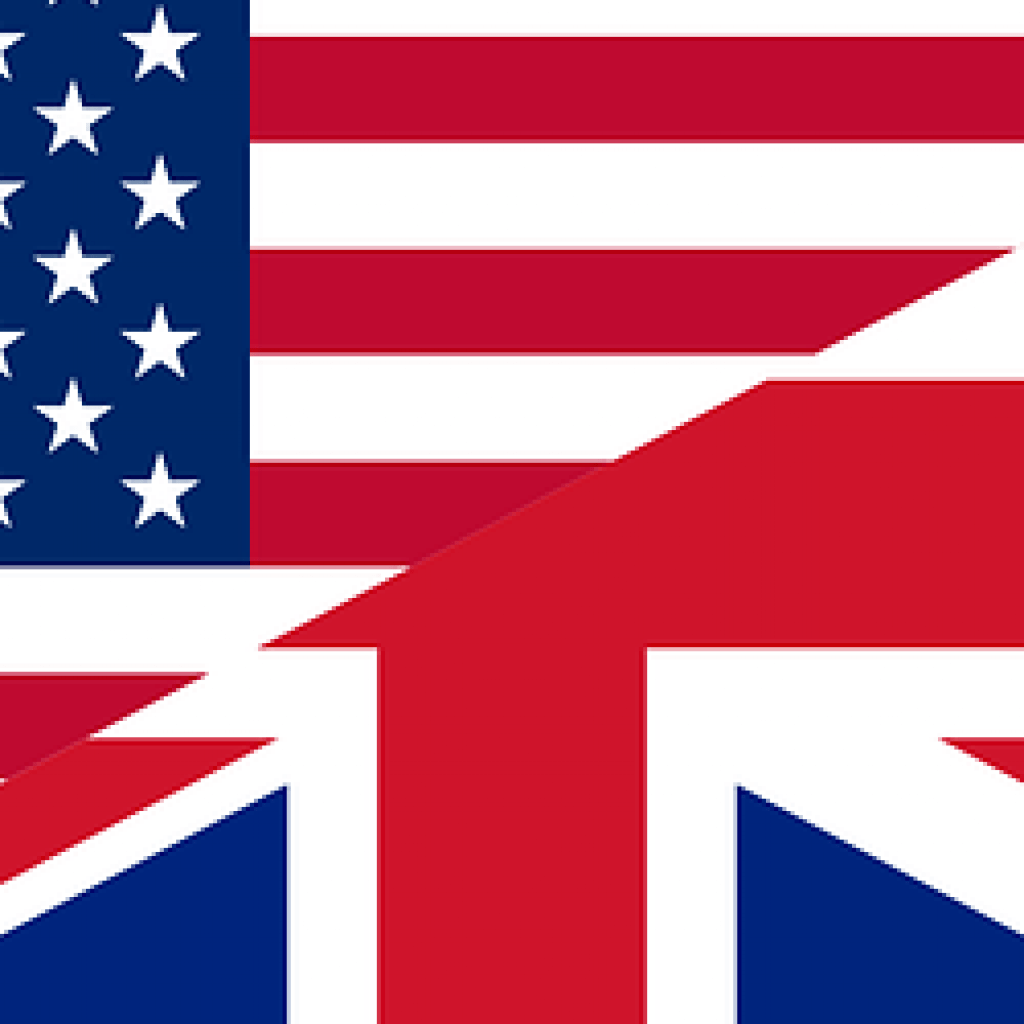(NextGov) The United States and United Kingdom formally elevated their cooperative engagement to drive quantum information science and technology breakthroughs, via a recently issued joint statement that will have implications for government agencies and industry players.
Across the world in recent years, nations have been increasingly investing in, rolling out and partnering on quantum-centered programs.
For their new and enhanced collaboration, the two countries’ shared priorities include promoting joint research, building the global market and supply chain and training scientists and engineers, according to their declaration.
This memorandum of alliance demonstrates that both countries are being deliberate about securing the sector ahead of their main competitors.
UK and US Pledge to Increase Collaboration on Quantum Technology
“This national-level collaboration means new opportunities to advance quantum computing leveraging the best of both nations across industry, government, and academia,” Air Force veteran and Rigetti Computing’s Senior Vice President of Technology Partnerships Mandy Birch told Nextgov. Rigetti has been actively involved in efforts led by both countries to pave the way for quantum breakthroughs. Under this new agreement, Birch said the company expects government engagement that will include programs and funding to confront “critical issues” such as ensuring a trusted quantum industrial base and ethics that ensure the technology is used for good.
“As our closest ally, the U.S.-U.K. quantum collaboration is a good step forward in advancing the era of quantum computing,” Quantum Xchange CEO Eddy Zervigon told Nextgov.
Some experts predict that quantum technologies could become globalized industries—like semiconductors are today—where countries and regions then carve out specific niches in the quantum supply chain. enter for Data Innovation Policy Analyst Hodan Omaar explained that the joint statement offers the U.K. and U.S. an “opportunity to collaborate toward buttressing the broader ecosystem that supports the quantum ecosystem.”
Omaar argued that the U.S. government should also “invest in near-term quantum applications to bolster the field’s development.”
Also offering recommendations, CEO and President of IonQ Peter Chapman said he would like to see both governments put more effort into guaranteeing bounties for specific quantum innovation.
